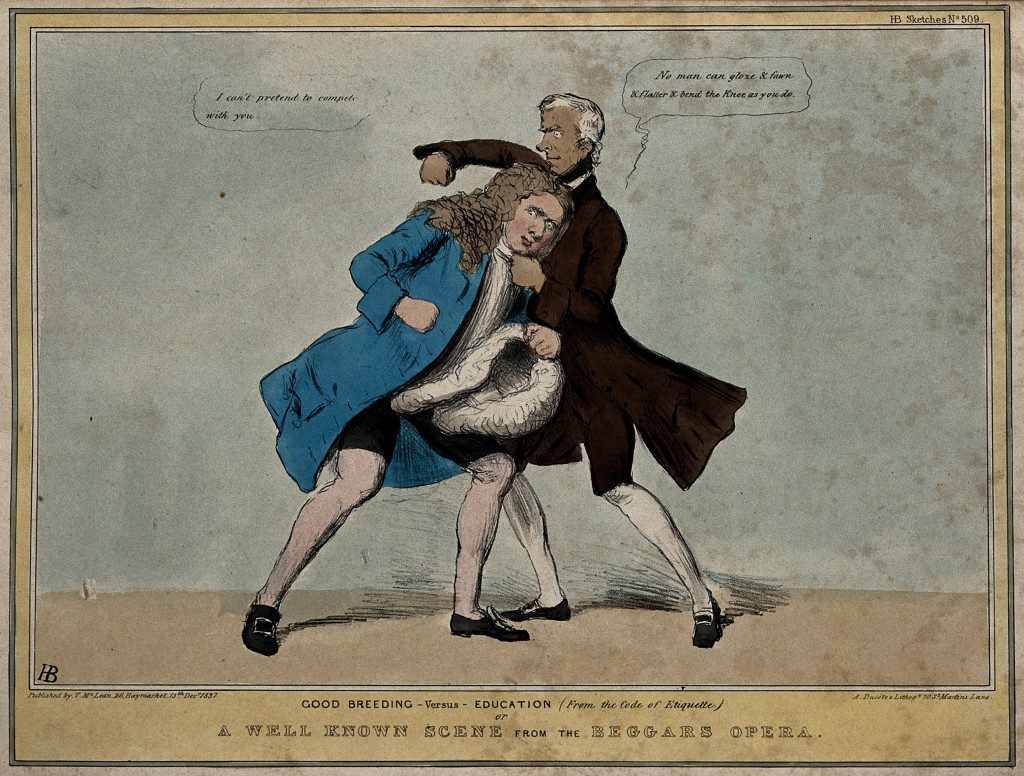(Update: see more reflections here.)
For those in a cave, three people were shot in their apartment by a neighbor, in what’s being described as a “parking dispute.” The story is making national headlines because the victims, a married couple and a sibling, are Muslim, and visibly so, with headscarfs. (Here’s a Reuters article but essentially similar reporting is everywhere.)
Look at twitter: people are outraged as much by their perception of the media treatment and public reaction as by the shootings themselves. They want this to be acknowledged as a Hate Crime, and receive the same public sympathy as other Victim Groups get, with marches and the like. And they want the killer to be labelled, in media reporting, as a terrorist.
At the same time, we know he doesn’t fit the narrative. He’s an atheist, and a self-described “anti-theist,” not a fundamentalist Christian or a Southern good ol’ boy.
And here’s what else doesn’t fit the narrative. He turned himself in.
I can’t find much actual narrative on the shootings themselves. Were the bodies discovered by family, and Hicks realized he had left his gun, with fingerprints, or some other incontrovertible at the crime scene (maybe even having watched CSI too often and figured he’d be caught for the slightest slip-up), was too afraid or not street-smart enough to just flee, and figured he had no choice? Or had he, himself, not just turned himself in, but alerted the police to the crime to begin with?
How does rage — presumably a combination of this reported parking-lot dispute and a deeper suspicion influenced by their religion and ethnic origin — go from dirty looks, to a shouting match, to a shooting? Information is scanty, but he is married and posted to facebook about a trip to Disney; there’s nothing in the reporting I’ve seen about a job. Will news reports later emerge of a mental illness?
Of course, regardless of his motive, three people are dead who should be just going about their day. May they rest in peace.
UPDATE: Here’s some more, from a local news site, with the full video of a news conference with the shooter’s wife and her lawyers. I don’t usually like to watch news videos, but can you imagine being in her shoes? Finding out that your husband killed three people? She looks in shock; her world has been turned upside-down. From references to “mental health” it seems the shooter may be planning on this as his defense, but, of course, the lawyers said in response to multiple questions, “we can’t comment,” and repeated multiple times, “the reason for this press conference is so that we can tell you that this shooting had nothing to do with the victims’ religion, but just due to an ongoing parking issue with the condo association.”
Yet the accusations on twitter are still flying, peddling a narrative that no one cares about these victims because they’re Muslim.
(And don’t twist this to say I have more sympathy for the killer’s wife than the victims and their families!)
More reports:
According to this local TV report, the wife was in the process of getting a divorce from the shooter. And this report says he was abrasive and confrontational about parking and noise with everyone in the complex.
So is it a hate crime? No way of knowing, but it’s equally likely that the victims were killed because they were this man’s neighbors, and their religion was irrelevant. And some of the statements “out there” in news reports certainly make it appear as if some people and some groups are almost eager to label this a “hate crime” in order to demand that the news media, and Americans in general, shut up about “Islamic terrorism” — but at this point, if you look at the twitter hashtag #ChapelHillShooting, it’s mostly the same retweets over and over again, or in various foreign languages, so there’s not really too many conclusions that can be drawn about it.
(Side note: there’s an article in the Daily Beast chronicling some of the prior run-ins with this man. Of interest is one of the reasons the other is convinced it was a hate crime: “we can’t ignore that on the day of the shooting we saw wall-to-wall media coverage about the death of the American aid worker and ISIS hostage Kayla Mueller.” Does he mean to suggest that reporting on ISIS should be curtailed lest it impact Muslims in the United States?)
But who was this man, this killer, that his anger about parking disputes (and apparently not just with this neighbor, but will all the neighbors — perhaps a more general frustration that the association wasn’t more vigilant about enforcement?) would lead to murder? Killings in the inner city are inevitably tied to gangs, and it’s easy to say, “well, that’s just how they were raised; they don’t value human life” when you read of a shooting over high-end sneakers or the like. And when the mother says, “he was always such a good boy,” it’s easy to say that she had blinders on.
Another update, from CNN:
[The shooter] had found a car belonging to one of the victims in what he claimed was his parking space, according to the law enforcement official briefed on the investigation.
Then [the shooter] went to the victims’ condo and shot all three people, the official said.
“What he claimed was his parking space”? As a matter of understanding the facts, this suggests that there were not official assigned parking spots, but he believed he had a “right” to one particular spot.
But of course — who kills over a parking spot? The wife’s attorney (not his attorney; he’s got a public defender) says there are “mental health issues” involved. Is this a genuine Voices in My Head-type mental illness? Or was this just a very angry man, and only mentally ill in the way that childhood misbehavior is now labelled Conduct Disorder or Oppositional Defiant Disorder?
And how does this happen? How does a person get so angry that they’re willing to take actions that will land them in jail for the rest of their lives? This starts to read like an episode from Law and Order or CSI, in which the unexpected killer after multiple plot twists turns out to be an ordinary middle-class spouse or child or neighbor who confesses that they did the deed in a fit of rage over some perceived injustice — and it always seemed forced, to have the first three potential villians, with sensible motivations, be replaced by this helpless soul.














